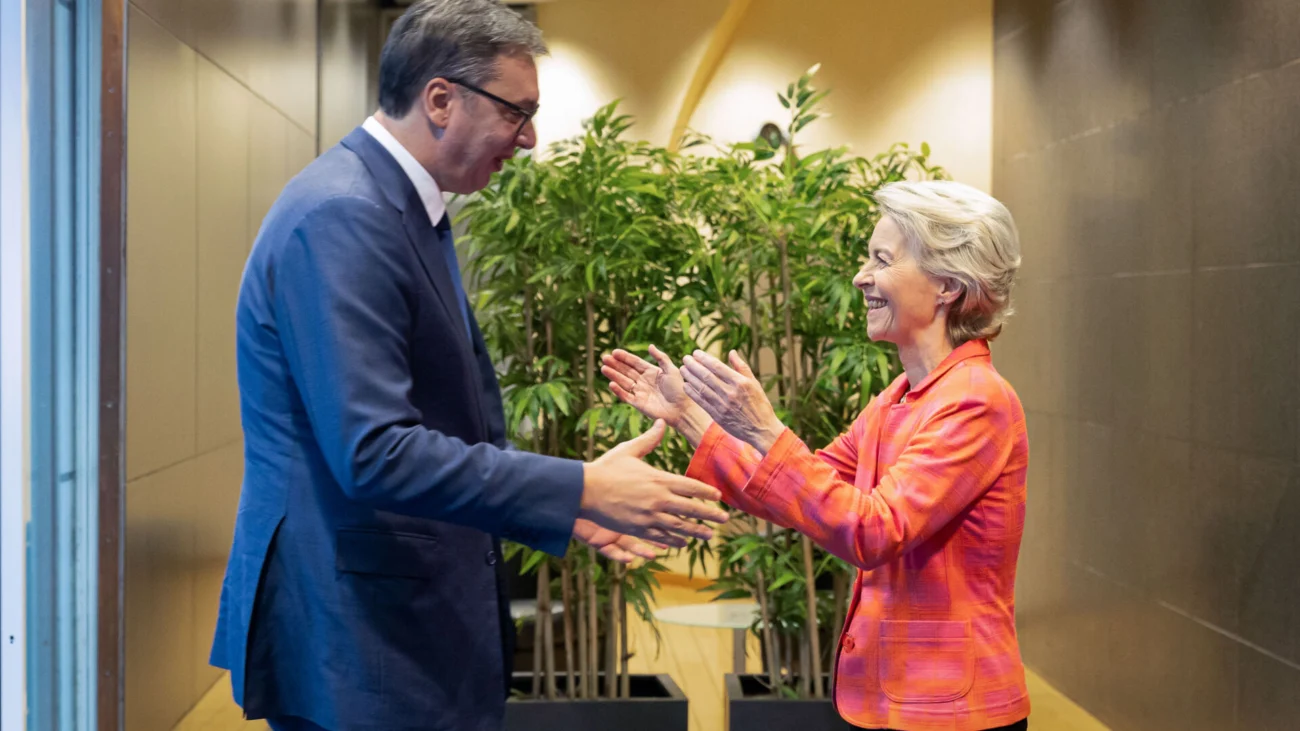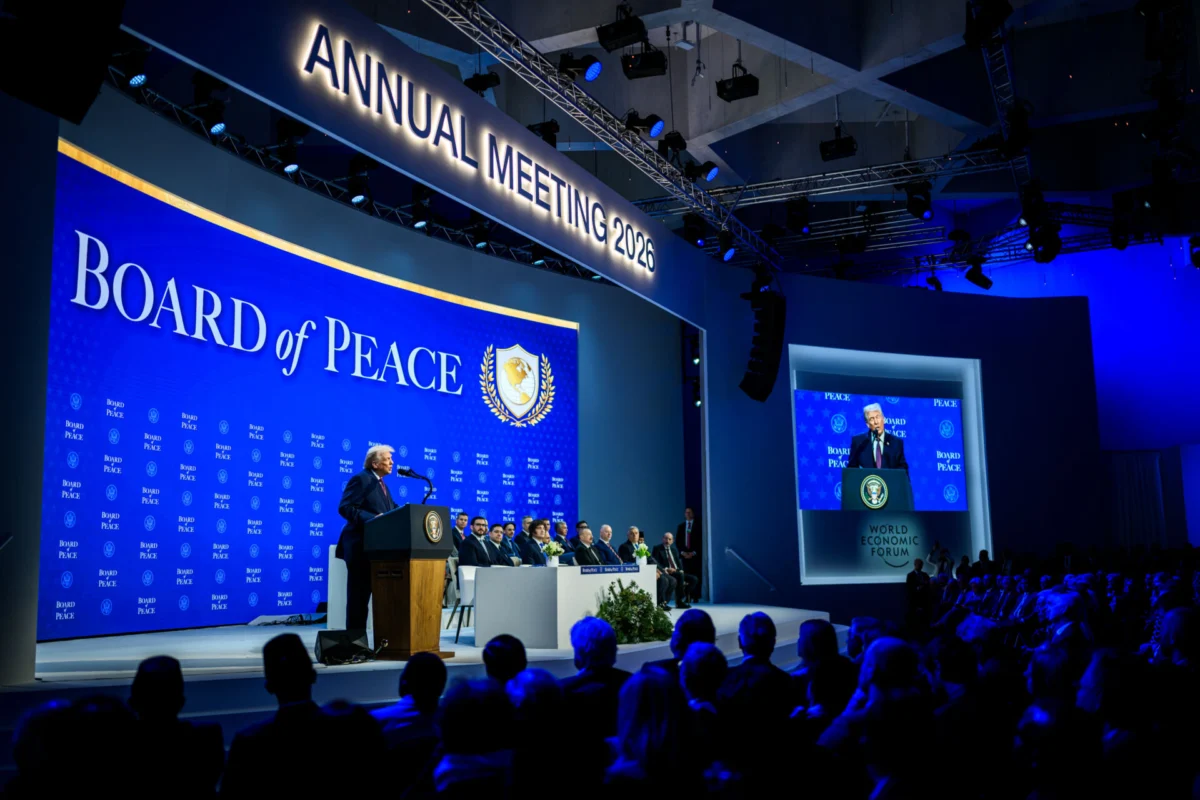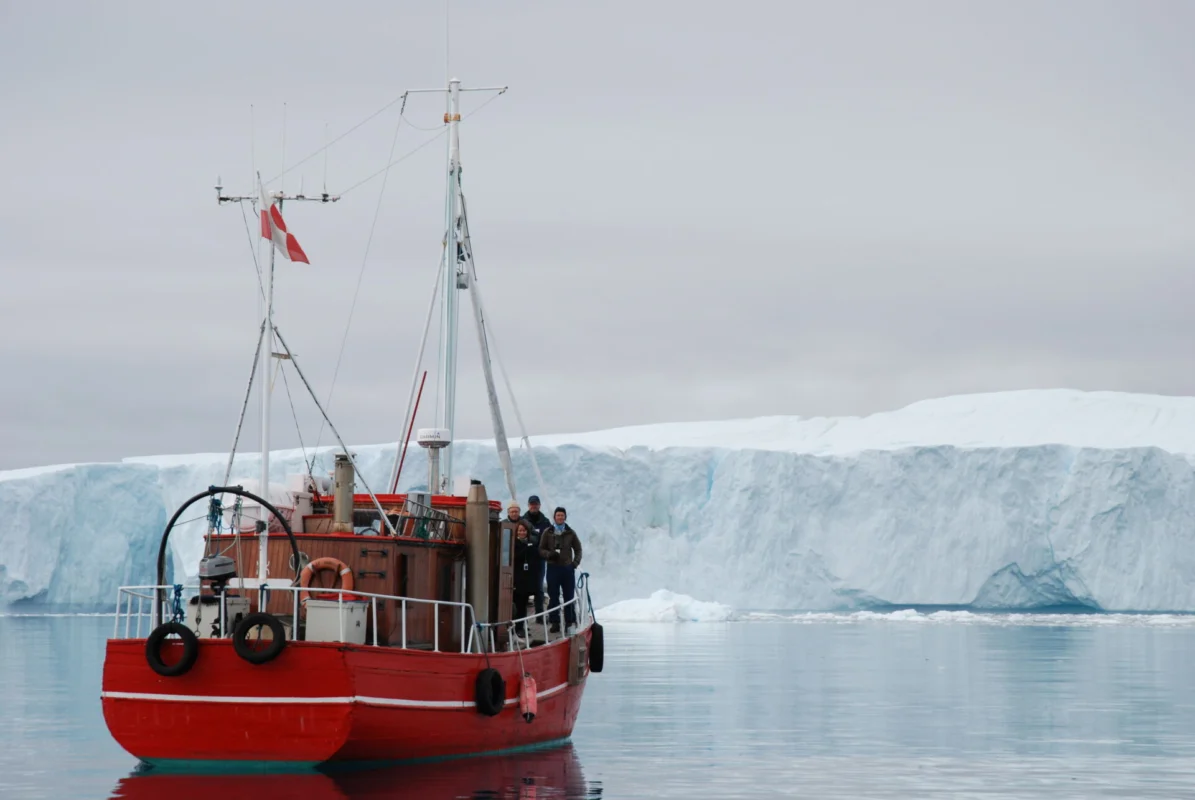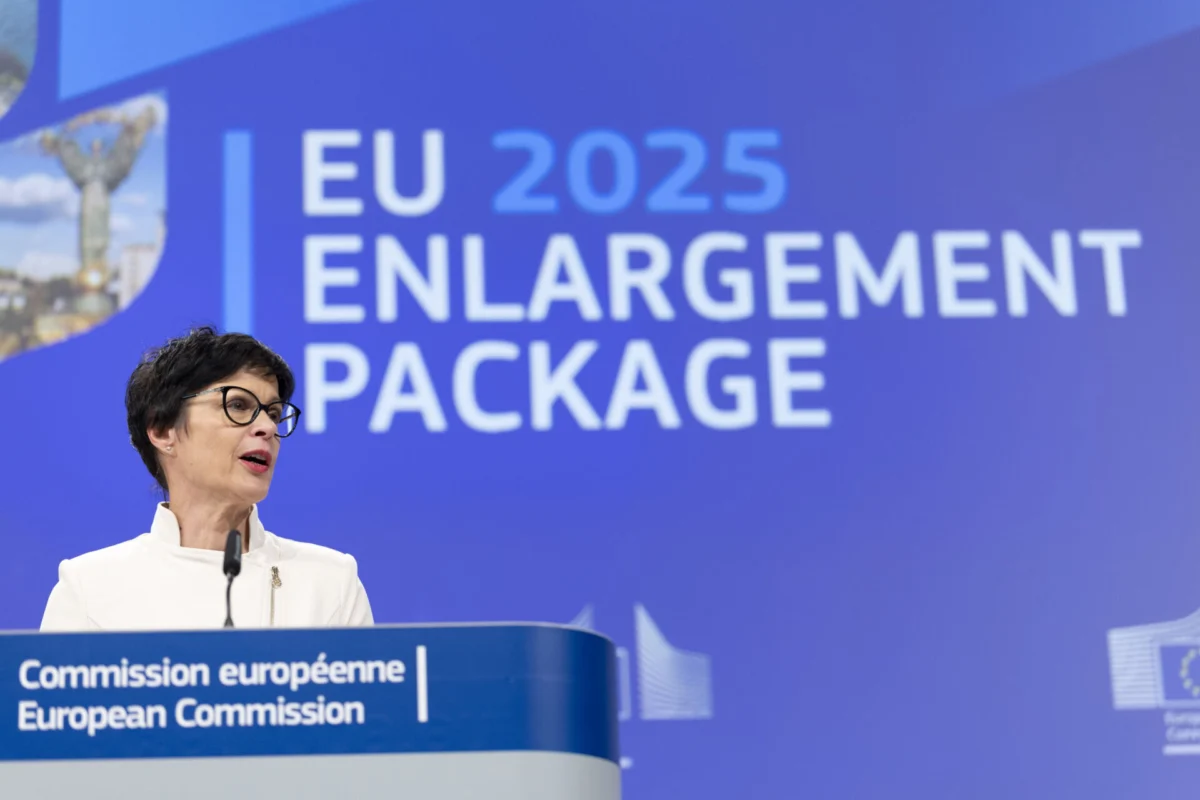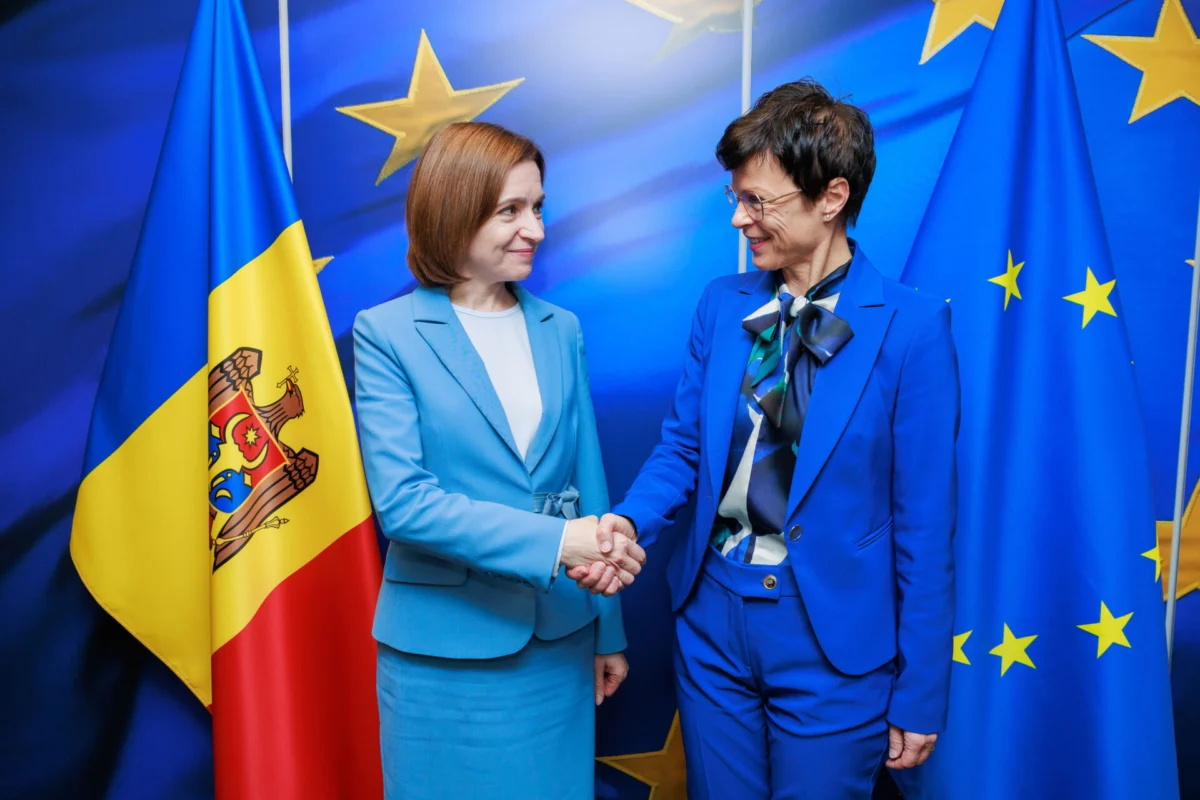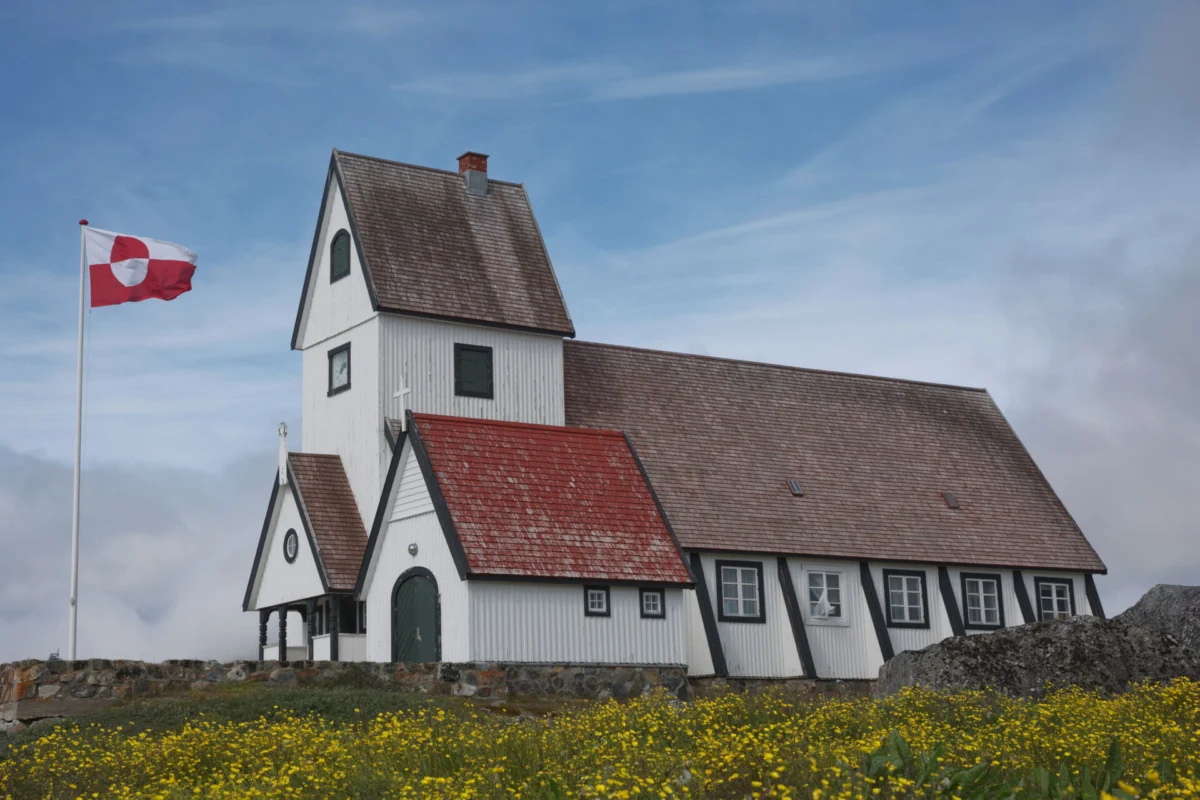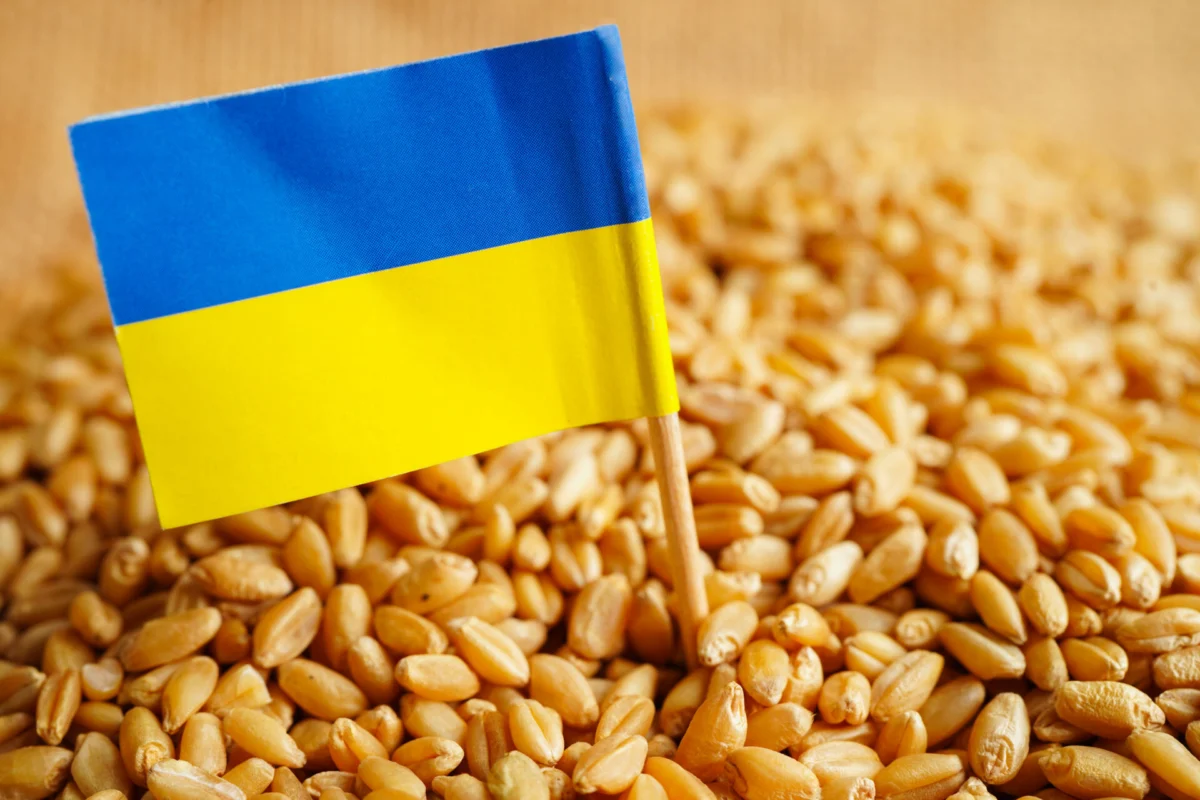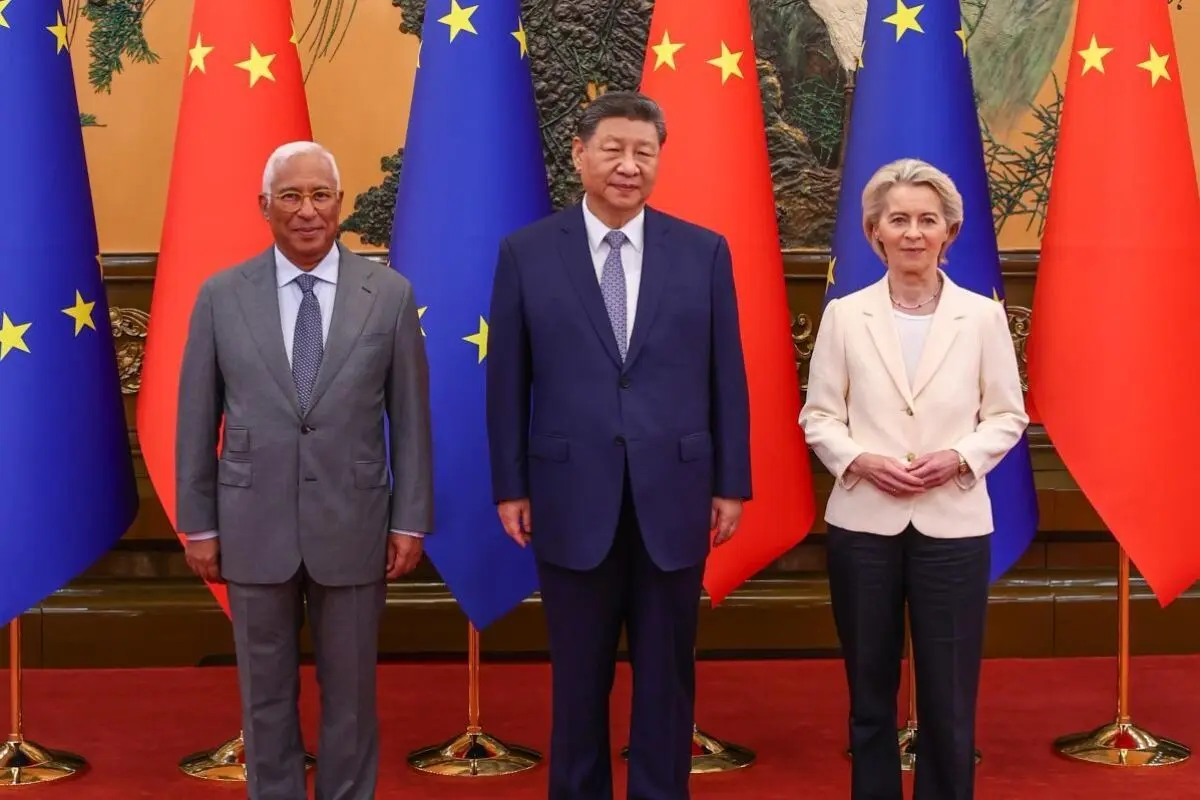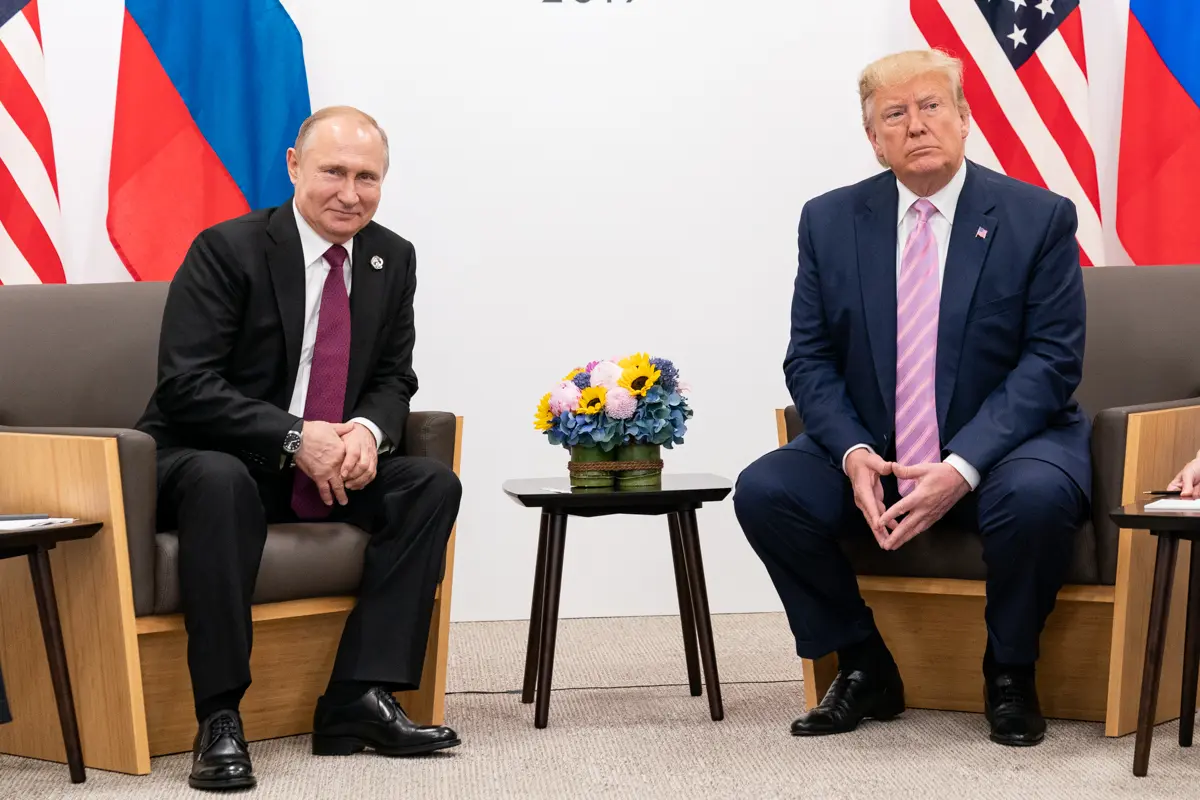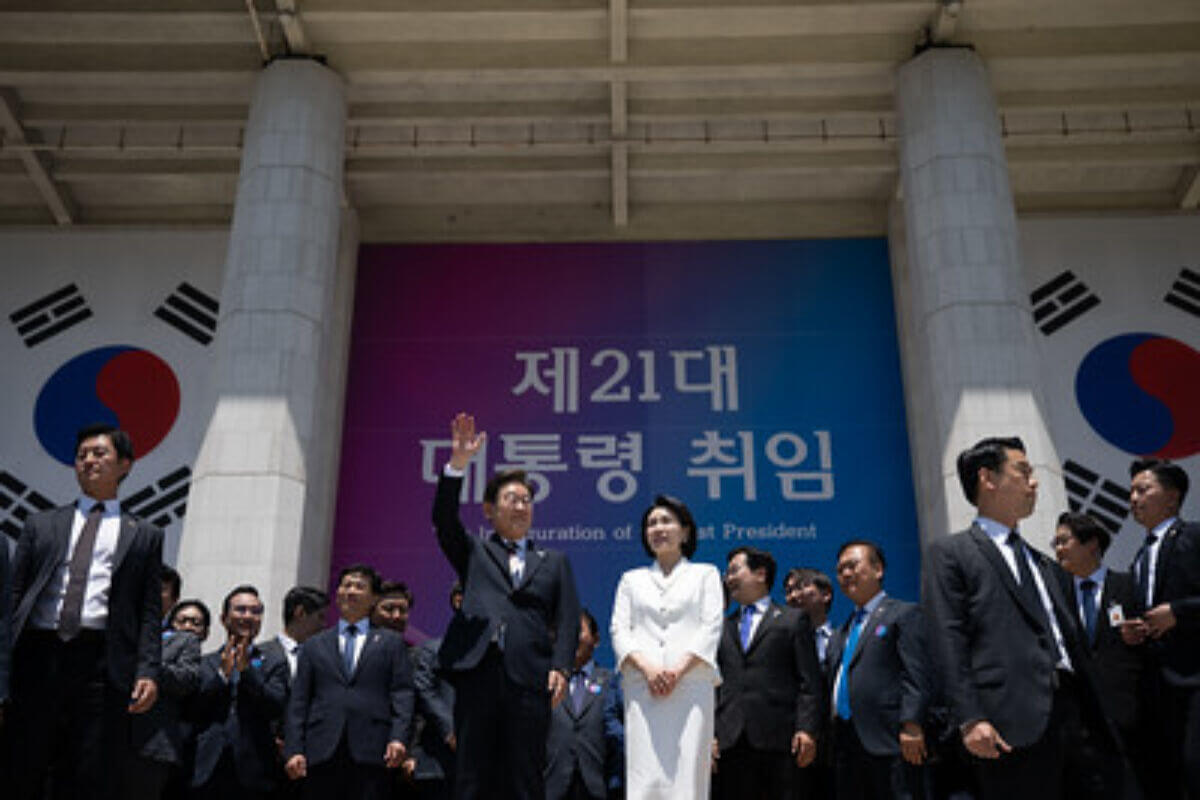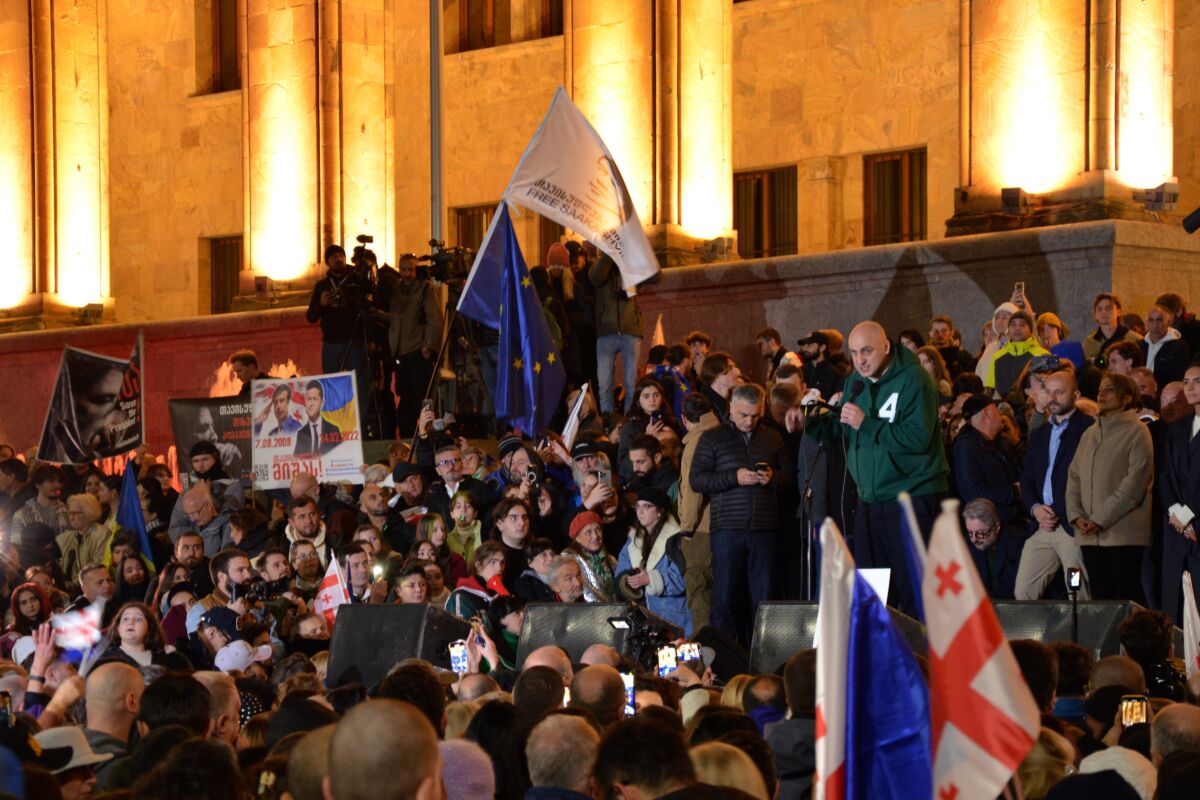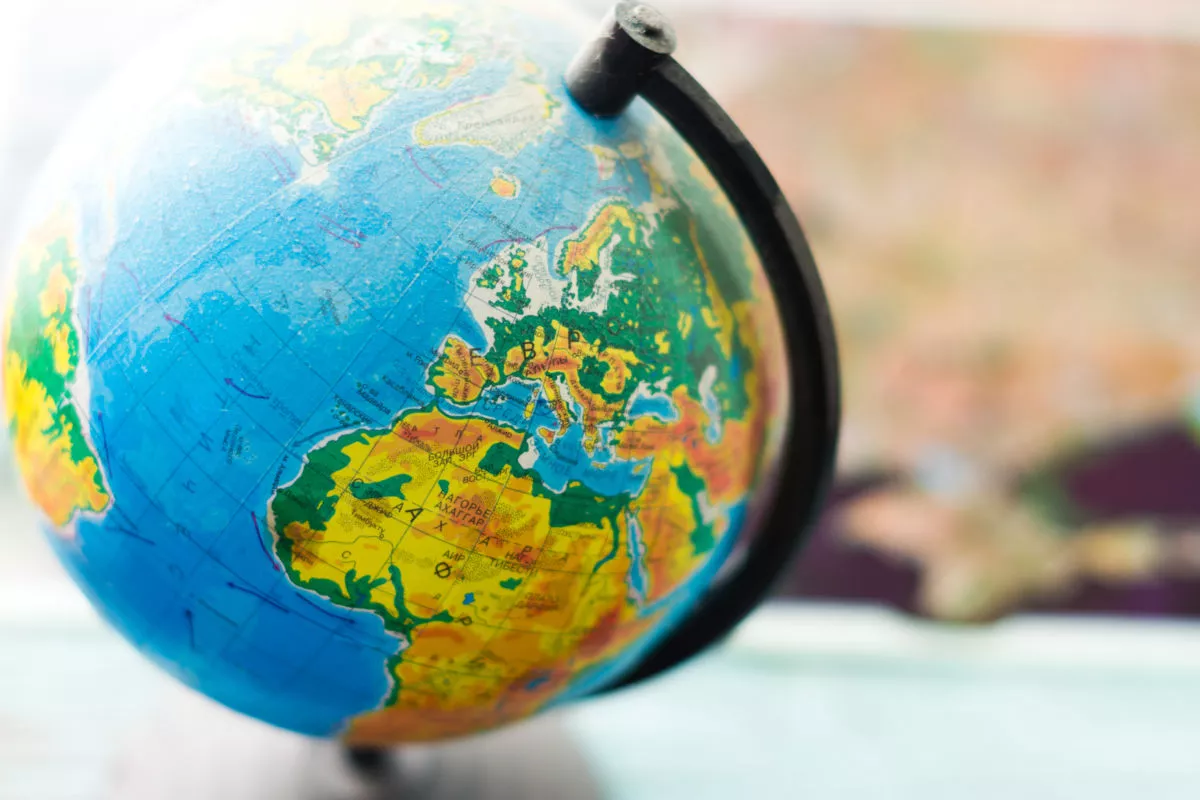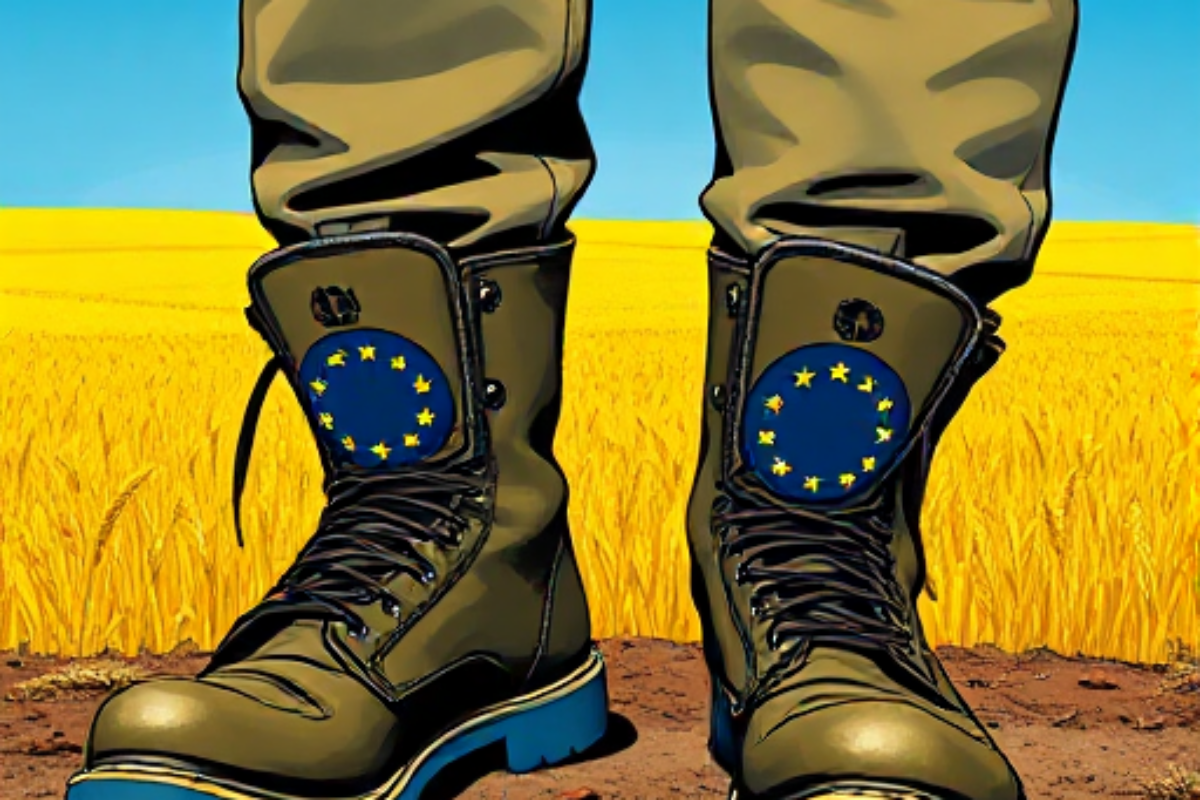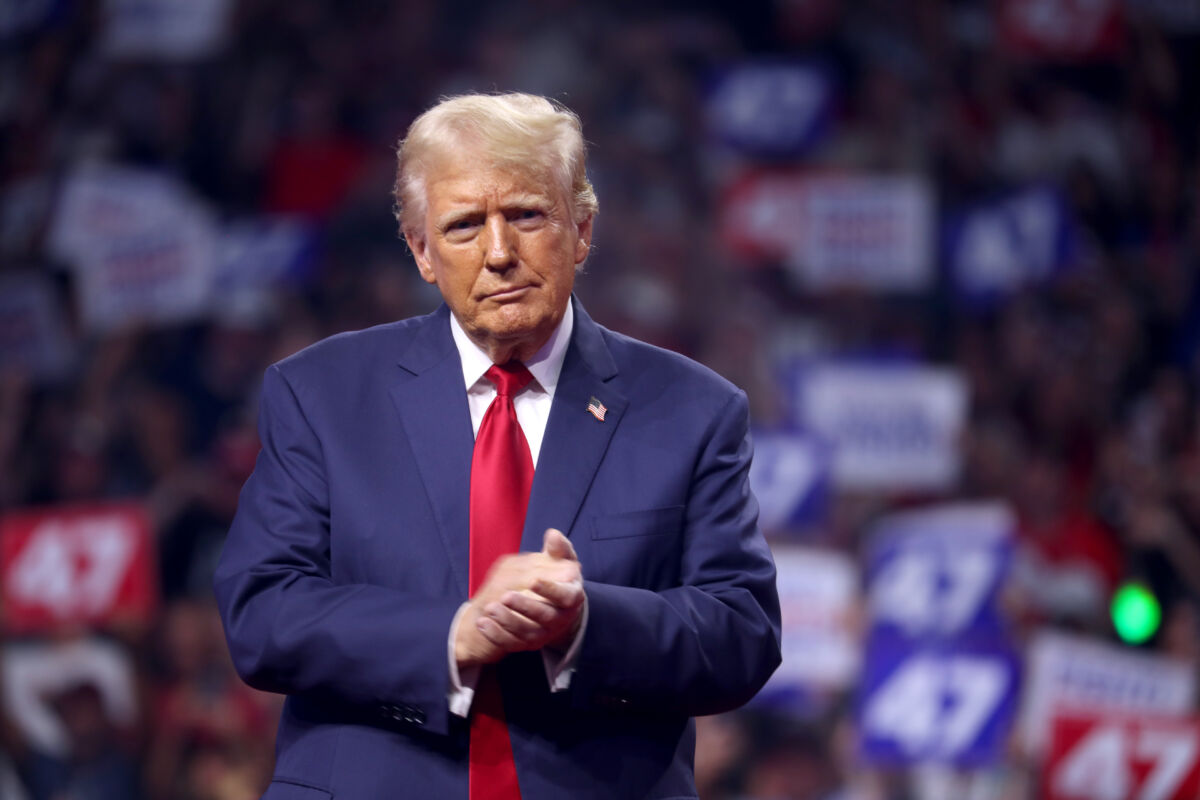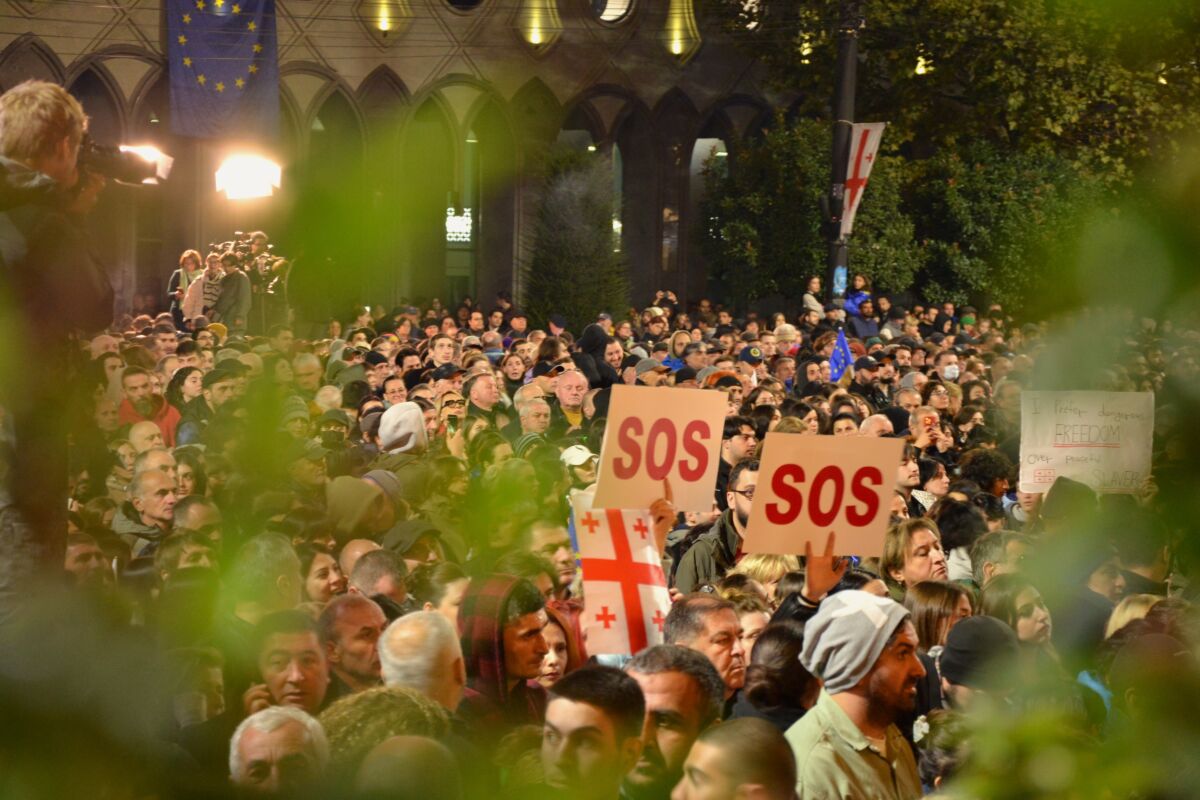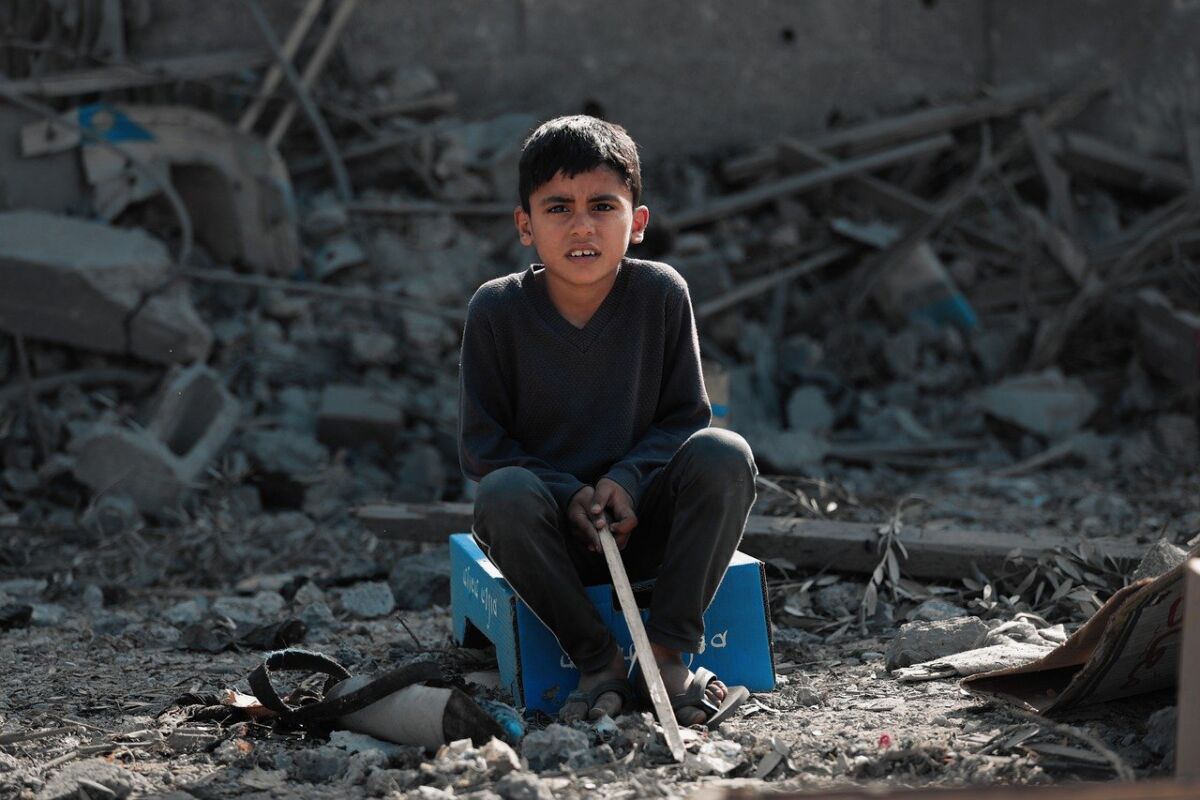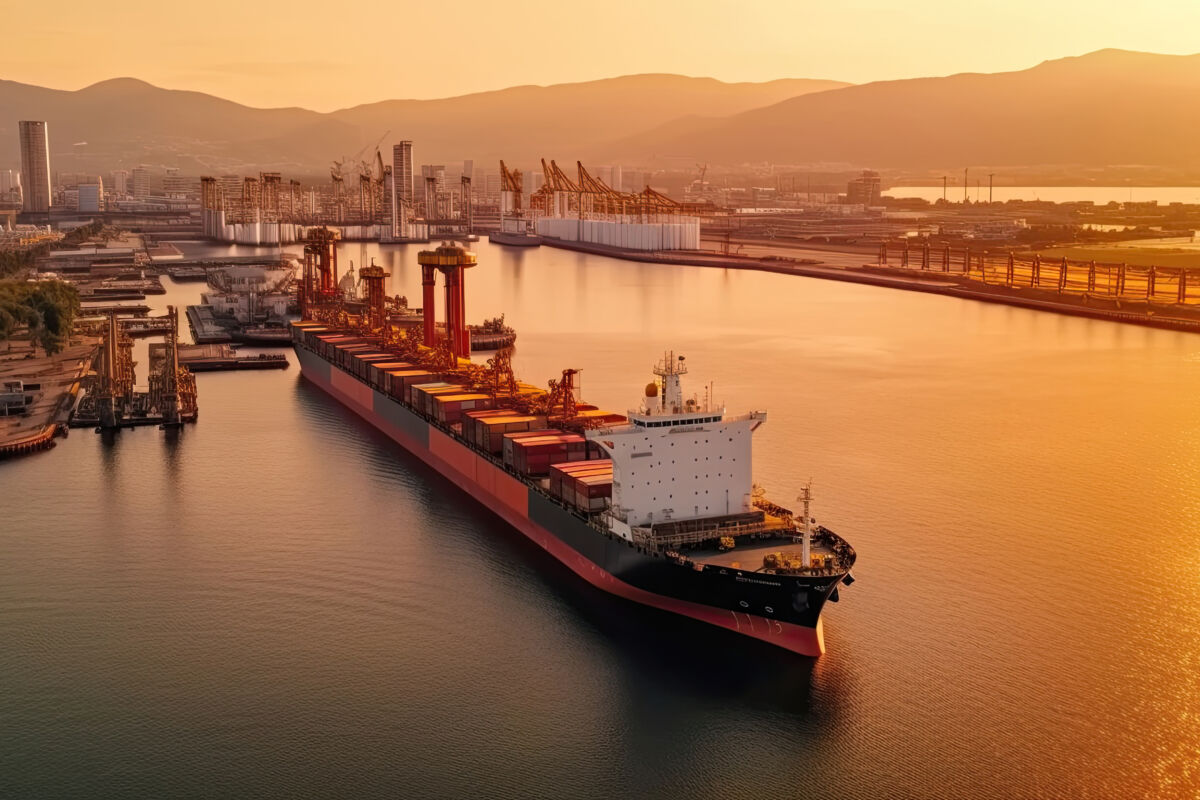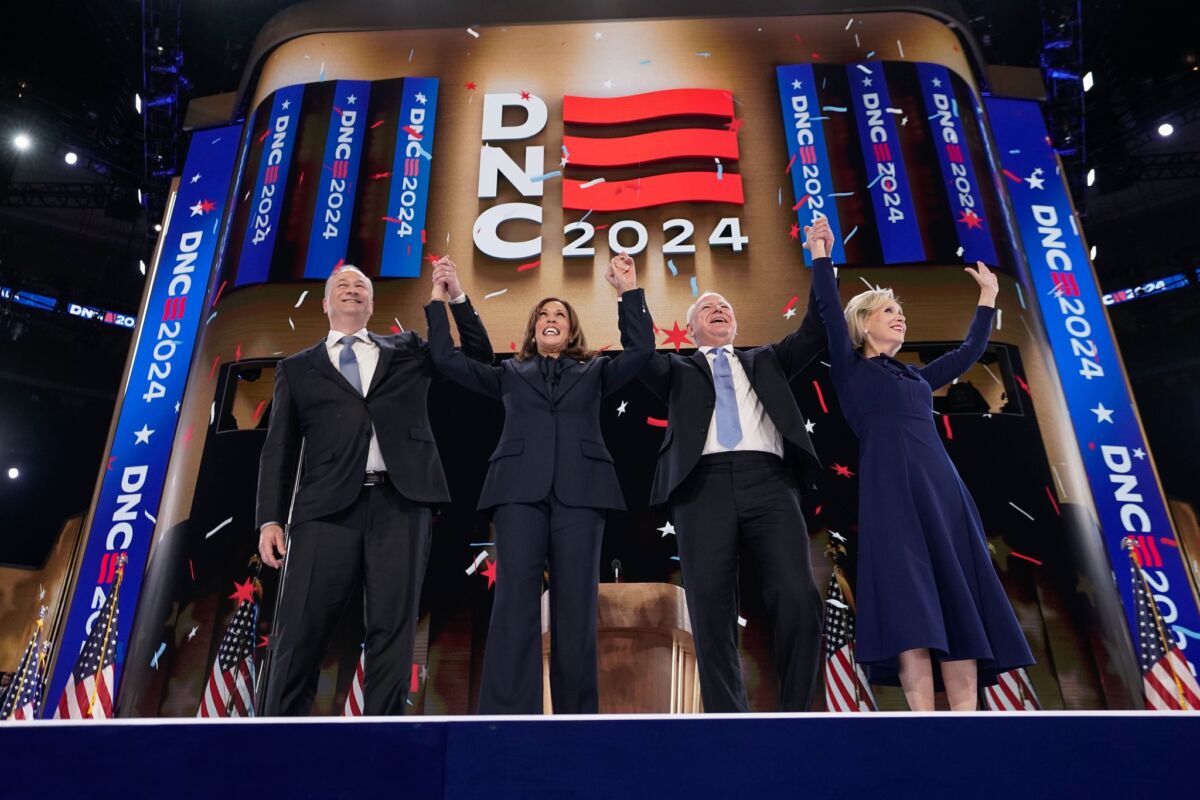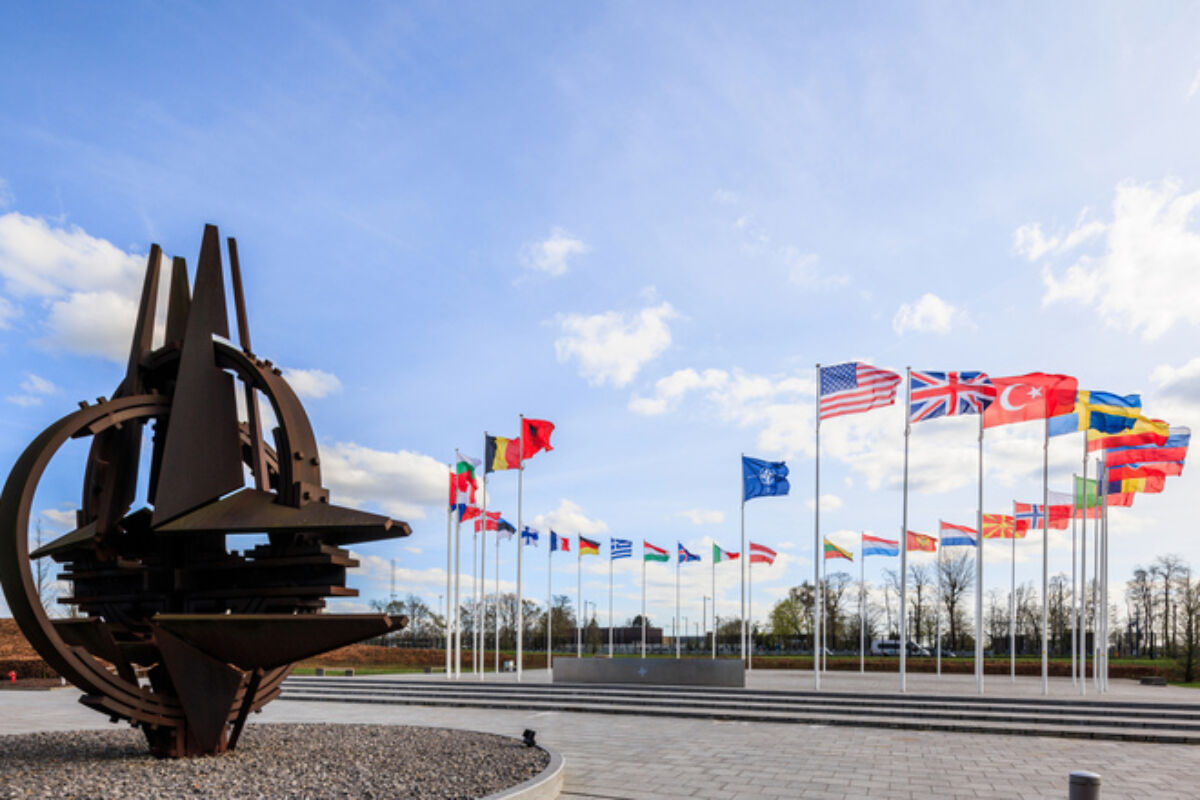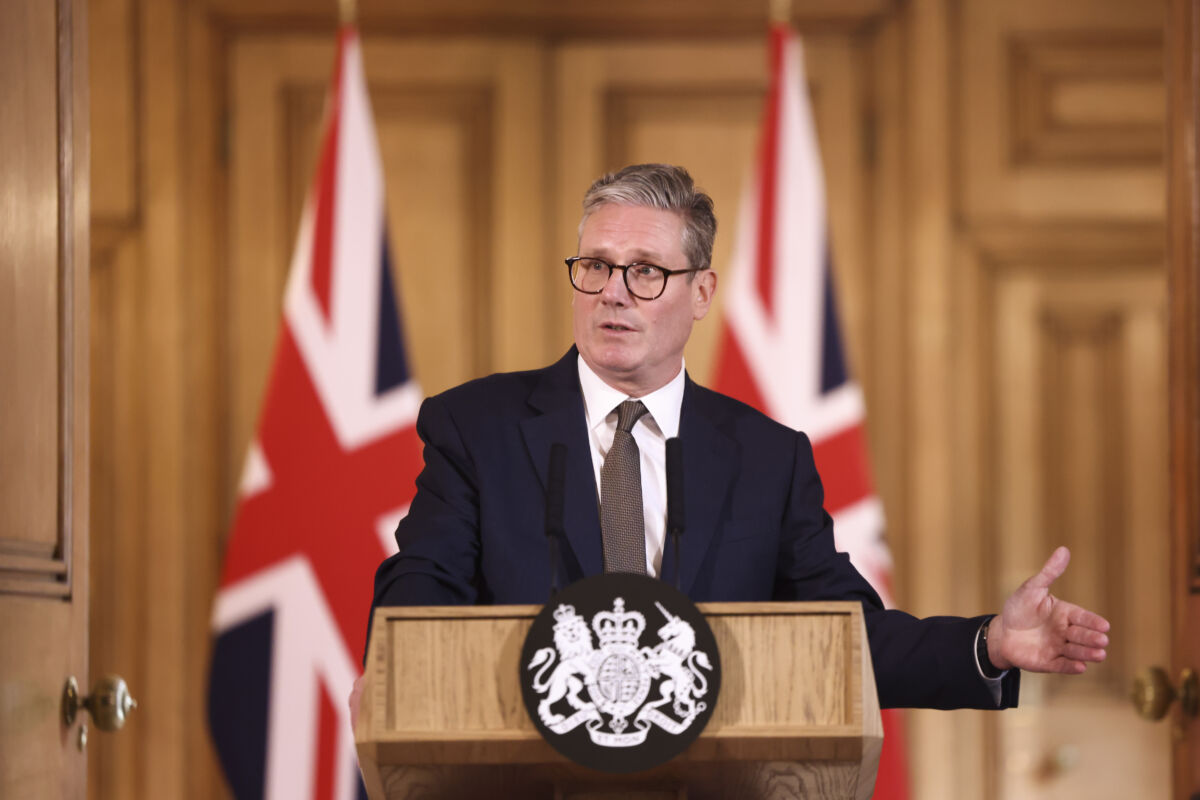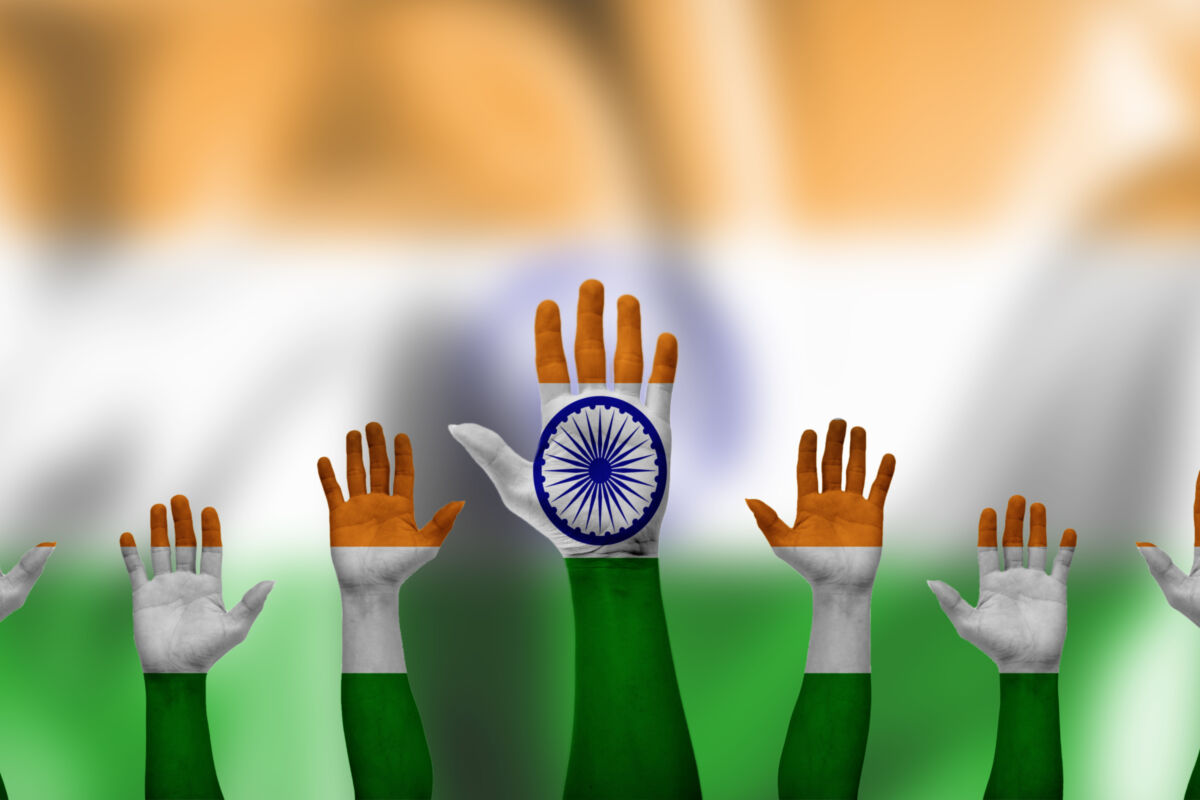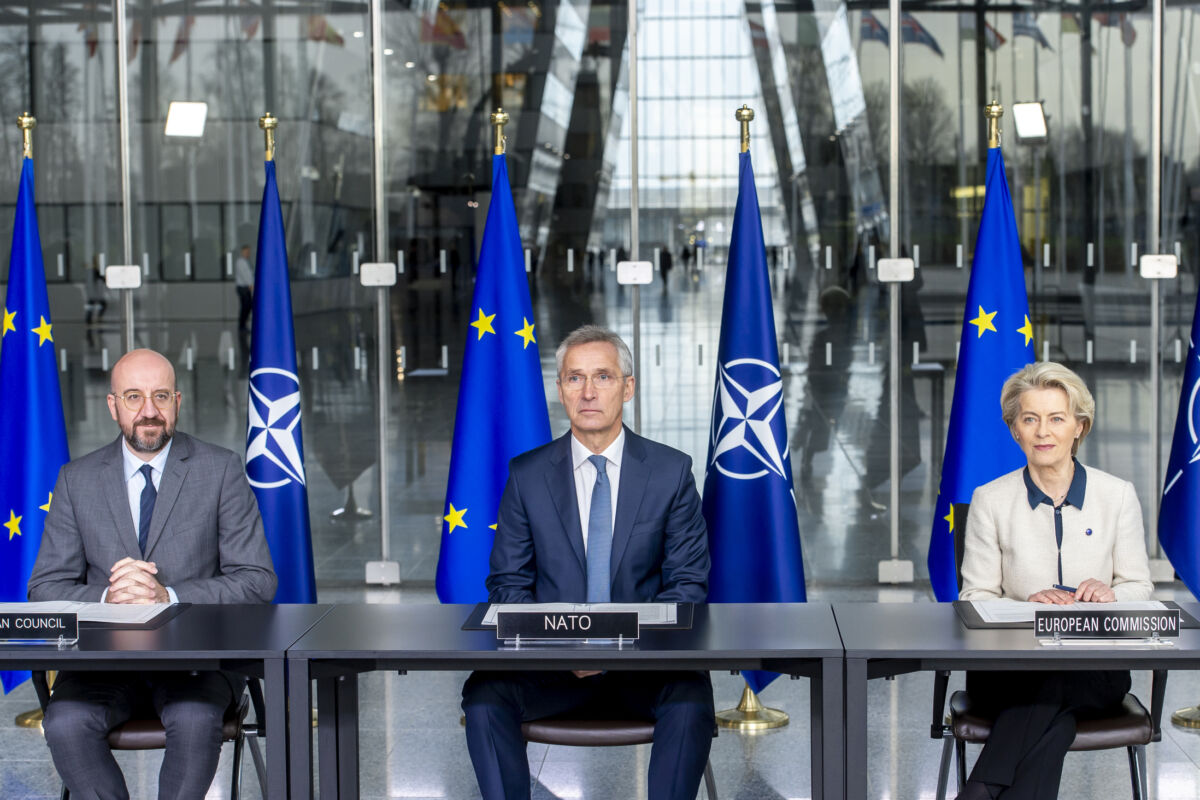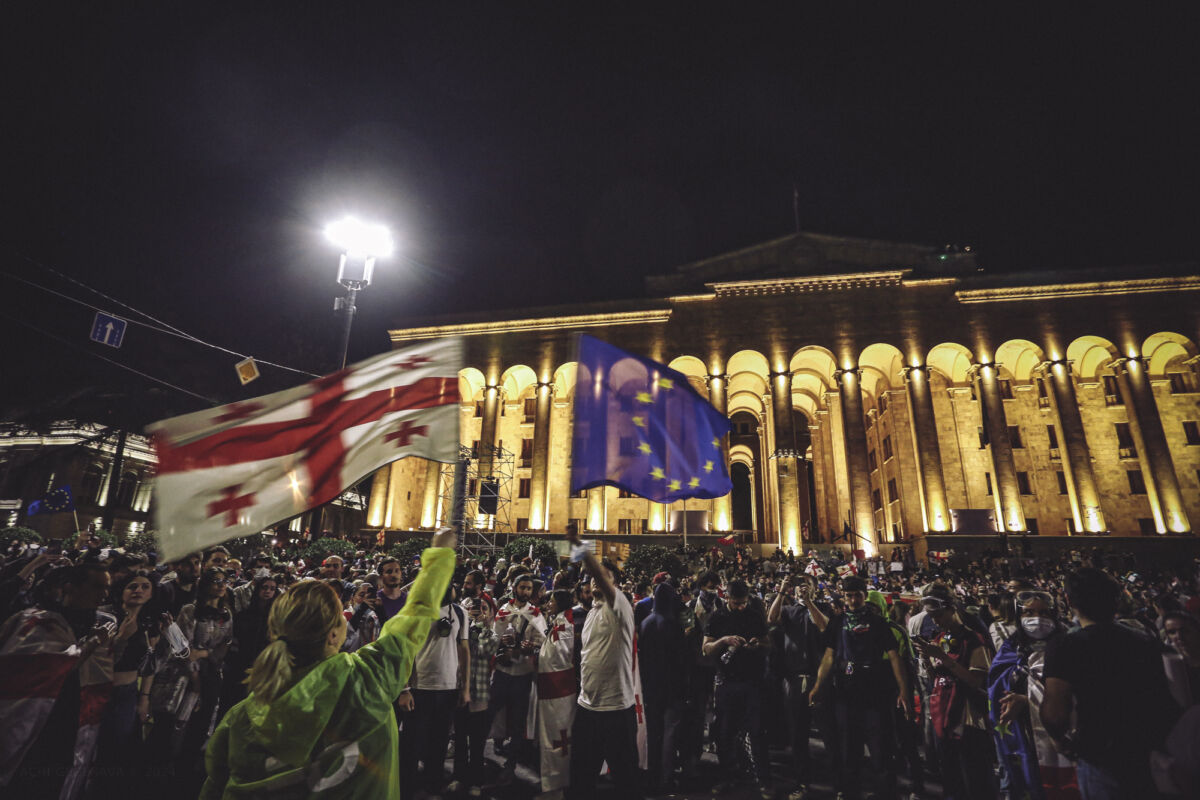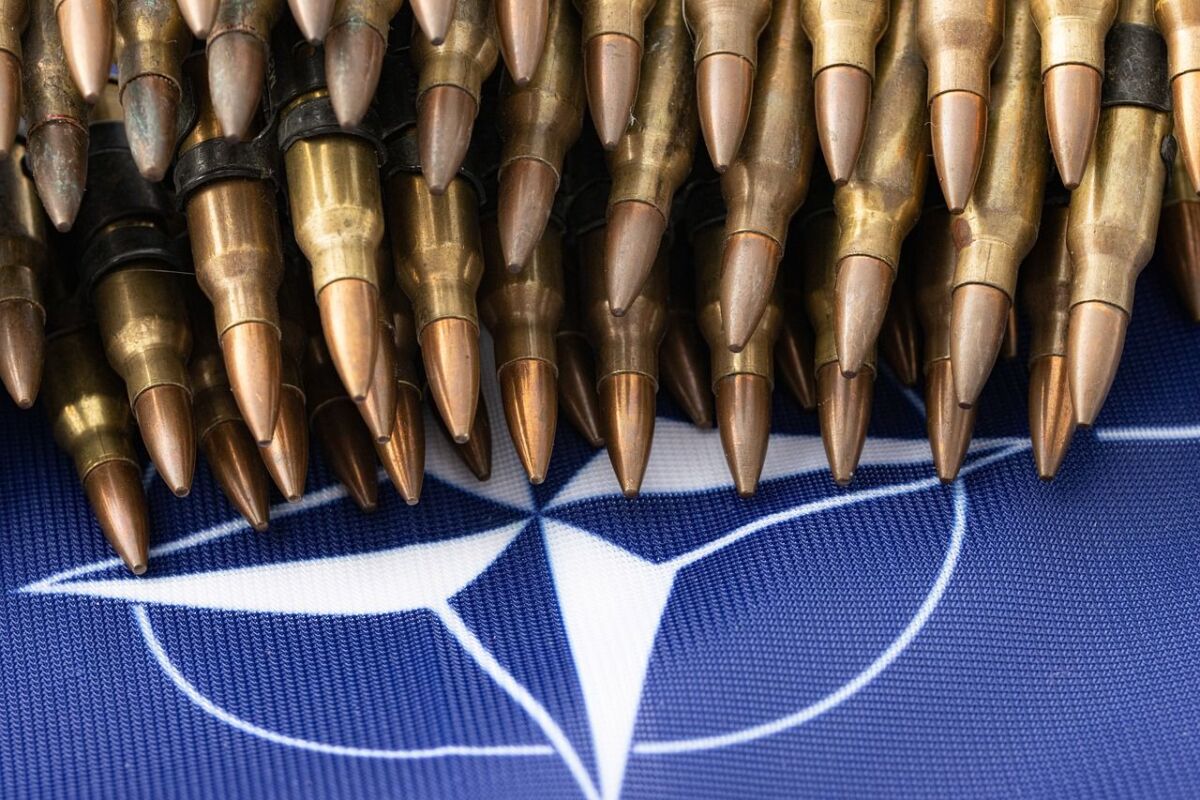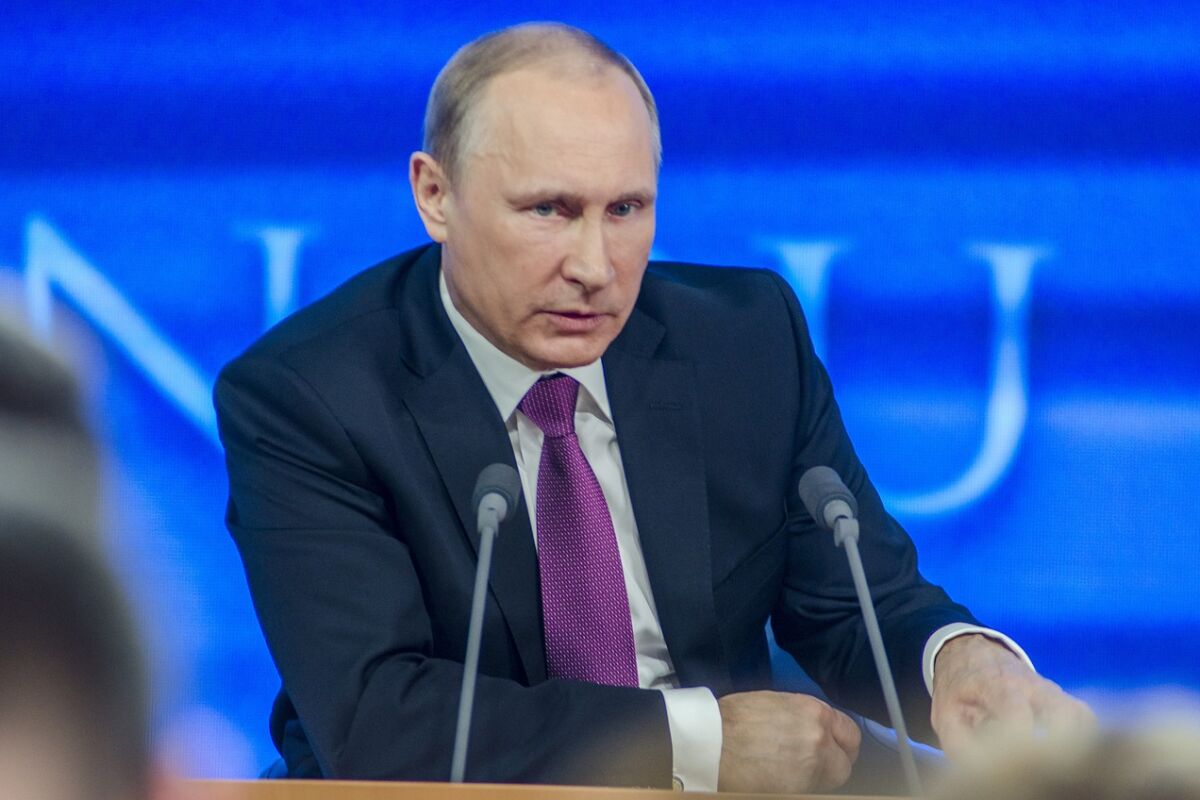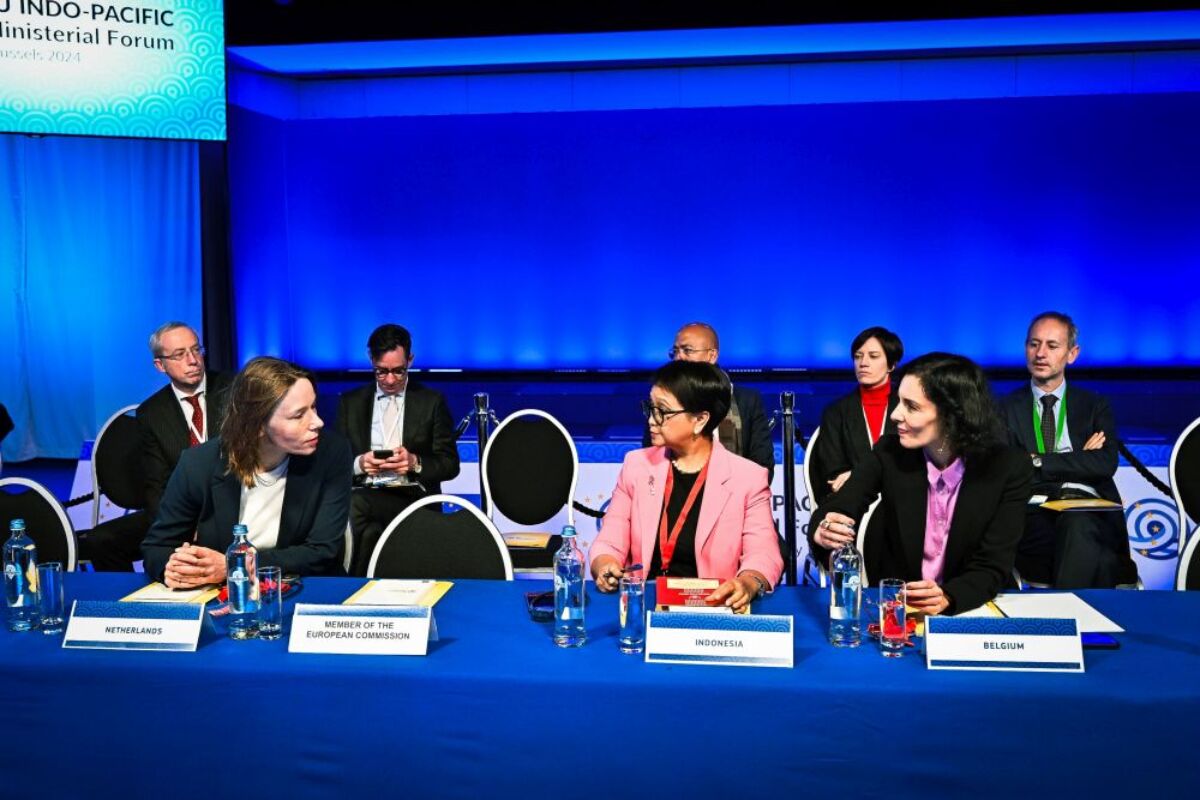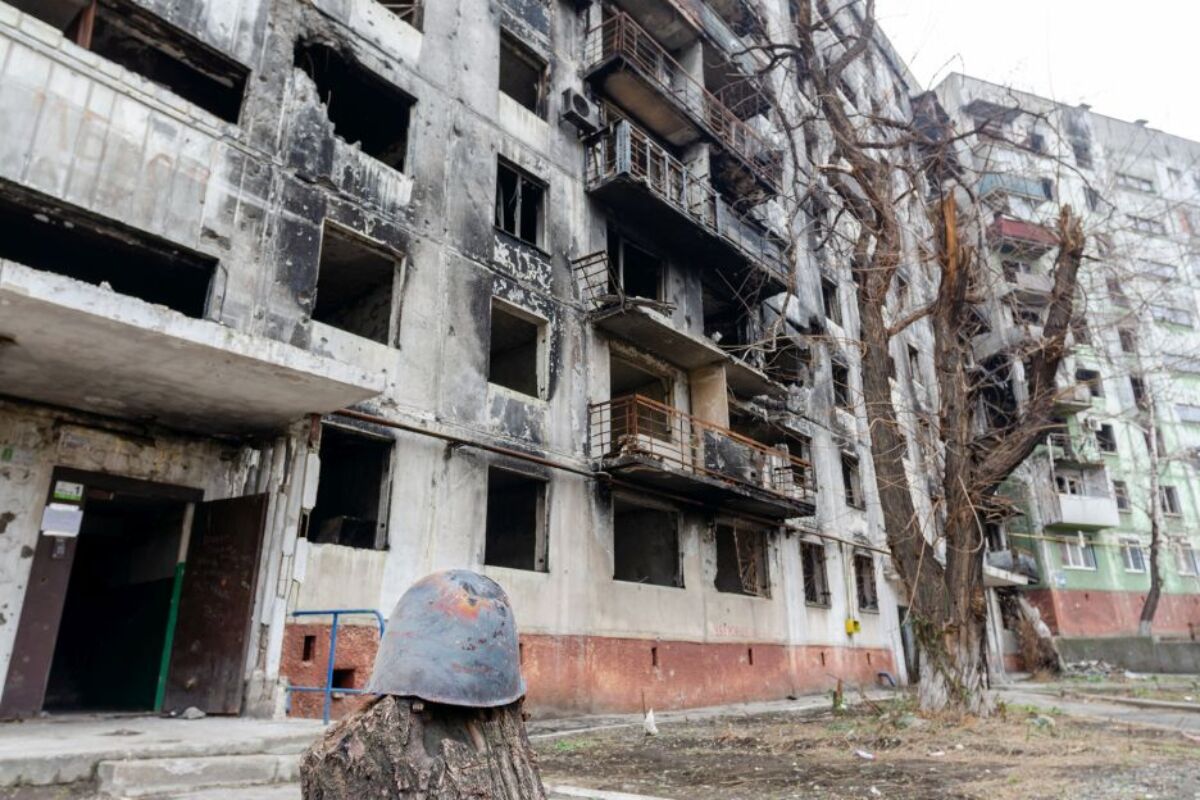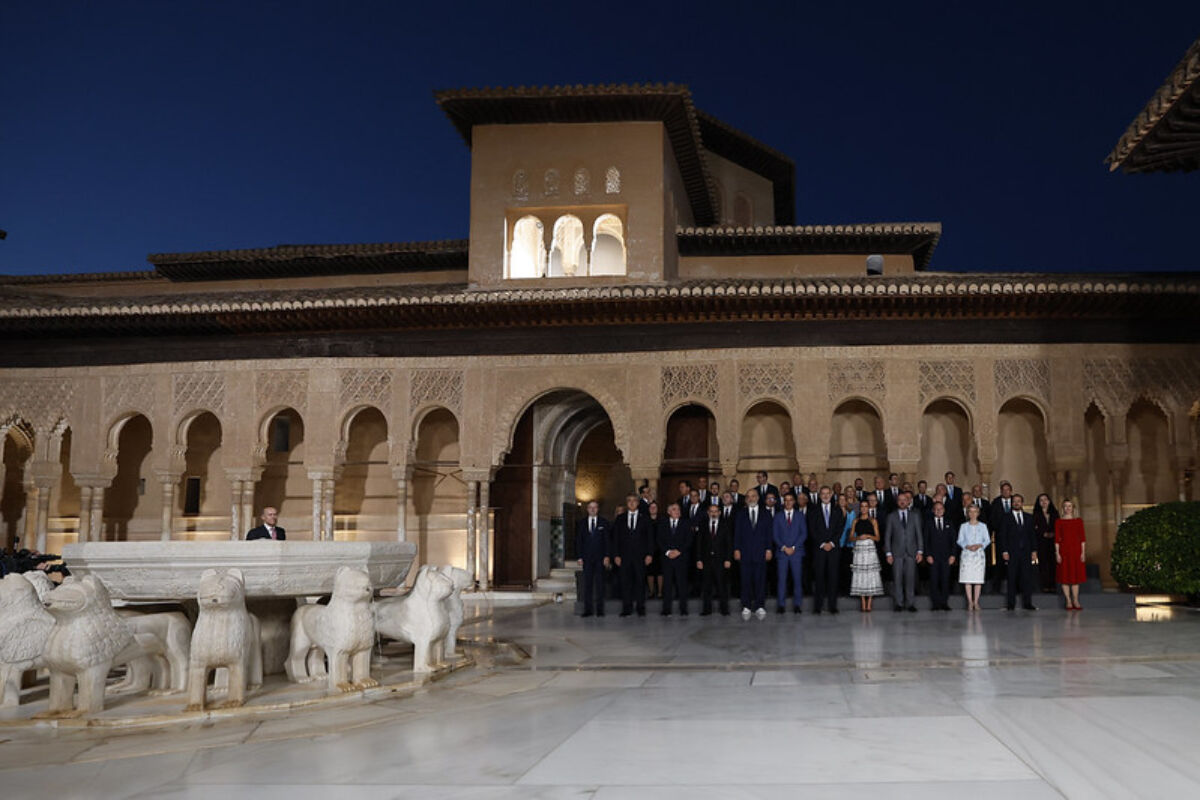Since November 2024, Serbia has experienced a huge wave of anti-government protests. As students and citizens continue to pump up the situation by doubling down on their demands, the government’s intimidation attempts continues. By imprisoning students and activists, and cutting professors’ salaries, the regime is effectively punishing anyone who aligns with the pro-democracy movement.
Brussels’ response? In short – not good enough.
It’s mostly carefully worded declarations acknowledging the crisis but without any meaningful action. Despite being attacked by Serbian pro-government media, Enlargement Commissioner Marta Kos has tried to echo EU values through a form of dual diplomacy – openly supporting the protesters while avoiding direct criticism of the government.
High Representative Kaja Kallas’s recent visit stood out for its firmer language, urging Serbia to strategically orient itself towards the EU. But what felt like a promising stance ended with a willingness to understand President Aleksander Vučić’s ‘side of the story’.
More troubling was their boss’s position. Just weeks after one of Serbia’s largest protests on 15 March, Commission President Ursula von der Leyen, together with Council President Antonio Costa, chose to host Vučić for a dinner. What followed was a tonal shift, from von der Leyen’s praise last October over Serbia’s accession progress to new but vague calls for Serbia to make ‘real progress’ on EU reforms. Not only did this meeting signal the EU’s indifference to the Serbians mobilising in the streets but the empty rhetoric signalled their further abandonment – this time concluded with dessert.
Continuously choosing handshakes over accountability, one might ask why the EU – whose foundation rests on democracy, the rule of law and human rights – remains mostly silent about growing autocracy in a candidate country, all while continuing business as usual.
Stability at all costs
Given the Western Balkans’ complex socio-political structure, the EU’s ongoing dilemma of stability vs democratisation has consistently favored the former. This trade-off has enabled Vučić to consolidate his power while fostering a form of ‘stabilitocracy’.
Vučić has used crisis management situations, such as Covid-19, to tighten authoritarian control. His presidency is marked by widespread allegations of election fraud, systematic media repression, direct links to organised crime, the suppression of civil society and even the alleged use of sonic weapons.
His grip also extends to neighbouring countries, through proxies like Milan Radoicic who orchestrated the Banjska attack in northern Kosovo, and his support for Republika Srpska’s secessionist leader, Milorad Dodik, in Bosnia and Herzegovina.
This all clearly shows that Brussels’ stability-first approach has not only backfired – but has made it easier for Russia and China to expand their influence.
The Russia/China containment fantasy
The Western Balkans has long been a chessboard for external powers. Yet Serbia hasn’t been a pawn but rather a master player, simultaneously accommodating both East and West.
Despite pouring an enormous amount of money into Serbia, the EU has lacked a coherent strategy to transform its support into political influence, failing to break Belgrade’s long-lasting ties with Moscow. This gave Russia a safe space to fuel regional instability and spread anti-EU propaganda – reflected in Serbian public opinion that the West – not Russia – is to blame for the war in Ukraine.
Serbia’s facade of neutrality, reluctantly condemning the invasion but refusing to join EU sanctions, coupled with Vučić attending the Liberation Day celebrations in Moscow and the recent halt of arms sales to Ukraine due to Russian pressure, highlight its ongoing resistance to adopting EU positions.
Though such moves guarantee Russia’s diplomatic support (and cheap gas), it’s actually China that’s emerged as the EU’s main economic challenge in Serbia.
Beijing giving billions in infrastructure projects without conditions is very alluring, compared to the EU’s long list of requirements. Yet these deals often overlook labour rights, environmental degradation, transparency and corruption, which in turn have undermined the objectives of the Fundamentals cluster – a key EU accession pillar.
Democracy is nice… but so’s lithium
The global critical raw materials race has also led the EU to sideline good governance principles and support Rio Tinto‘s controversial lithium project in Serbia. This is despite the company’s largest shareholder being China’s Chinalco, and more importantly, the EU has ignored mass environmental protests in Serbia.
In July 2024, former German chancellor Scholz and Commissioner Sefcovic recognised Serbia as a strategic partner. With China already present in the Serbian mining sector, the EU aims to kill two birds with one stone – securing supplies outside EU borders whilst limiting Beijing’s influence.
But all this comes at the cost of dismissing local voices and potential environmental consequences. It’s further eroded public trust, reinforcing anti-EU sentiment and undermining Serbia’s democratisation and Europeanisation process.
Being ‘deeply concerned’ isn’t enough
Clearly, neither vague statements nor symbolic gestures – like a couple of Commissioners welcoming cycling students in Brussels – will dispel Serbians’ conviction that the EU has a soft spot for Vučić. Now it’s time for the EU to take some tangible steps.
It has condemned the violence in Serbia but refrains from highlighting the role of Vučić, the government and the police. It should explicitly denounce police violence and demand the immediate release of detainees – which includes high school students. This would reinforce the EU’s credibility and its commitment to freedom of expression and peaceful assembly.
Then the EU should impose concrete forms of accountability. Government officials and police chiefs who order the violence should face targeted restrictive measures such as asset freezes and visa bans. This could prompt them to reconsider their loyalty to the government.
While systematic reforms take time, immediate financial pressure can signal the EU’s disapproval. Pre-accession IPA funds should be suspended until Serbia delivers clear results on anti-corruption measures, judicial reforms and media freedom. Likewise, under the Growth Plan’s Article 21, withholding payments and reducing or redistributing funds should follow.
The EU’s focus should also shift to civil society, hearing Serbian voices for free and fair elections. Coupled with support from international monitoring institutions, this will help to restore citizens’ trust in the democratic process.
Finally, Serbia’s domestic turmoil mirrors its broader geopolitical drifts. With Hungary likely to block collective action, Member States should downgrade bilateral meetings due to Serbia not following the EU’s Common Foreign and Security Policy. The EU must also explicitly clarify that any progress towards opening Chapter 31 of the accession process will depend on Belgrade cutting ties with Moscow.
To ensure its credibility, the EU must act quickly, honestly and substantially in its response to the rapid deterioration of democracy in Serbia, balancing incentives with the strict and firm approach that underpins EU enlargement policy.
Antigona Imeri has an academic background in Political Science and International Relations with a focus on conflict-prevention and policy engagement in the Western Balkans.

